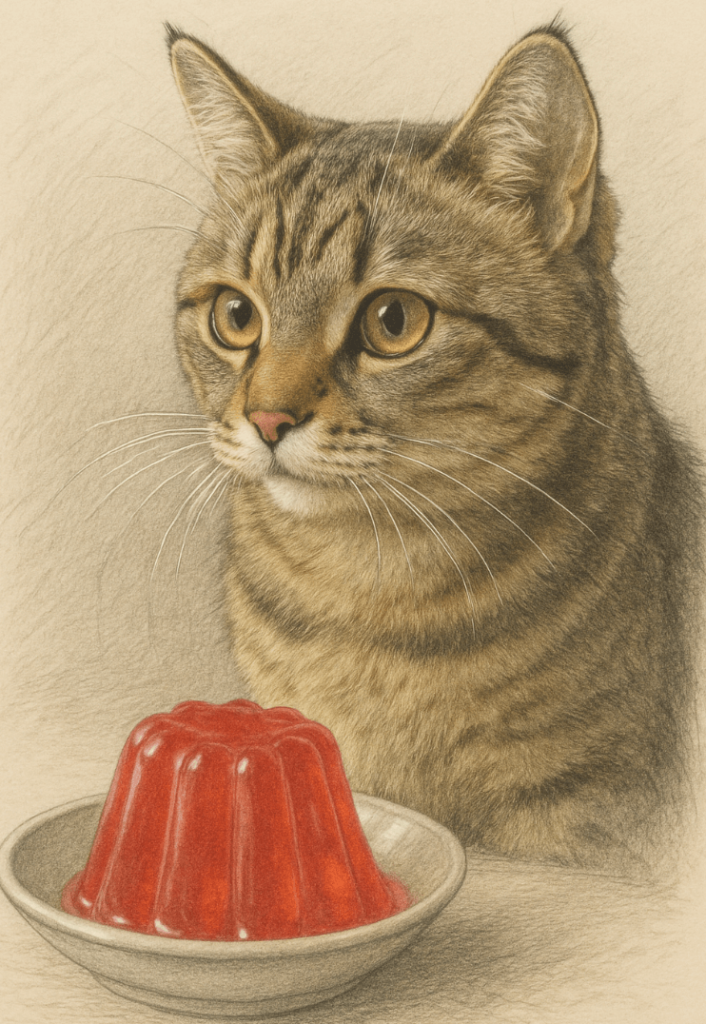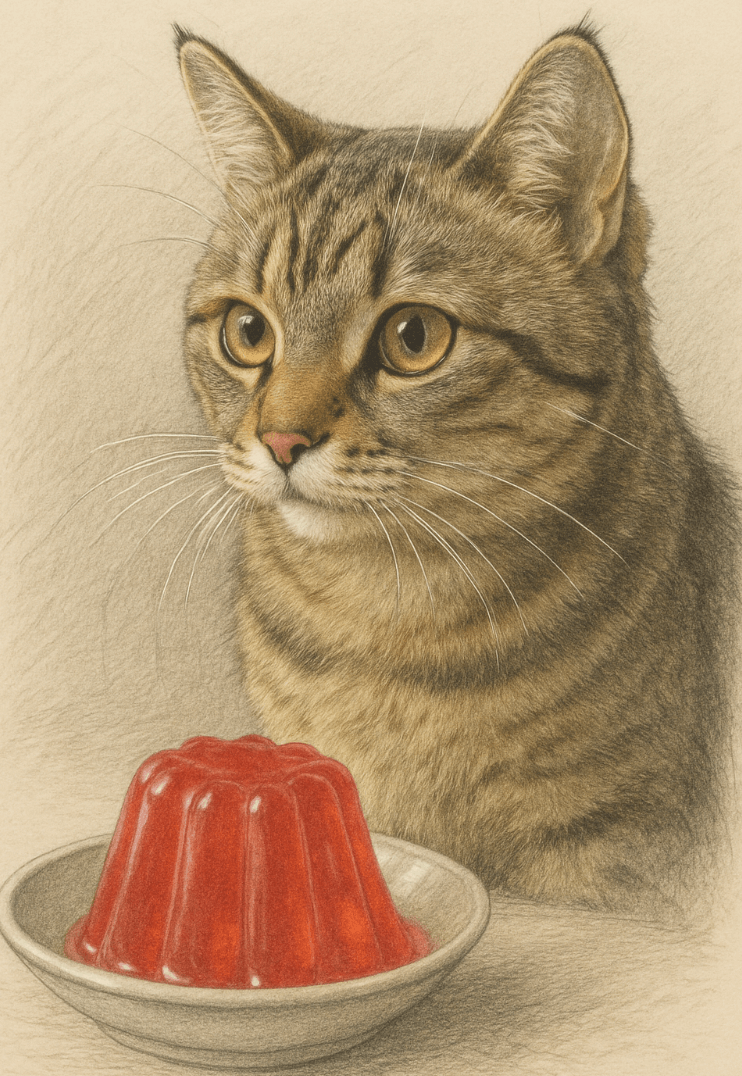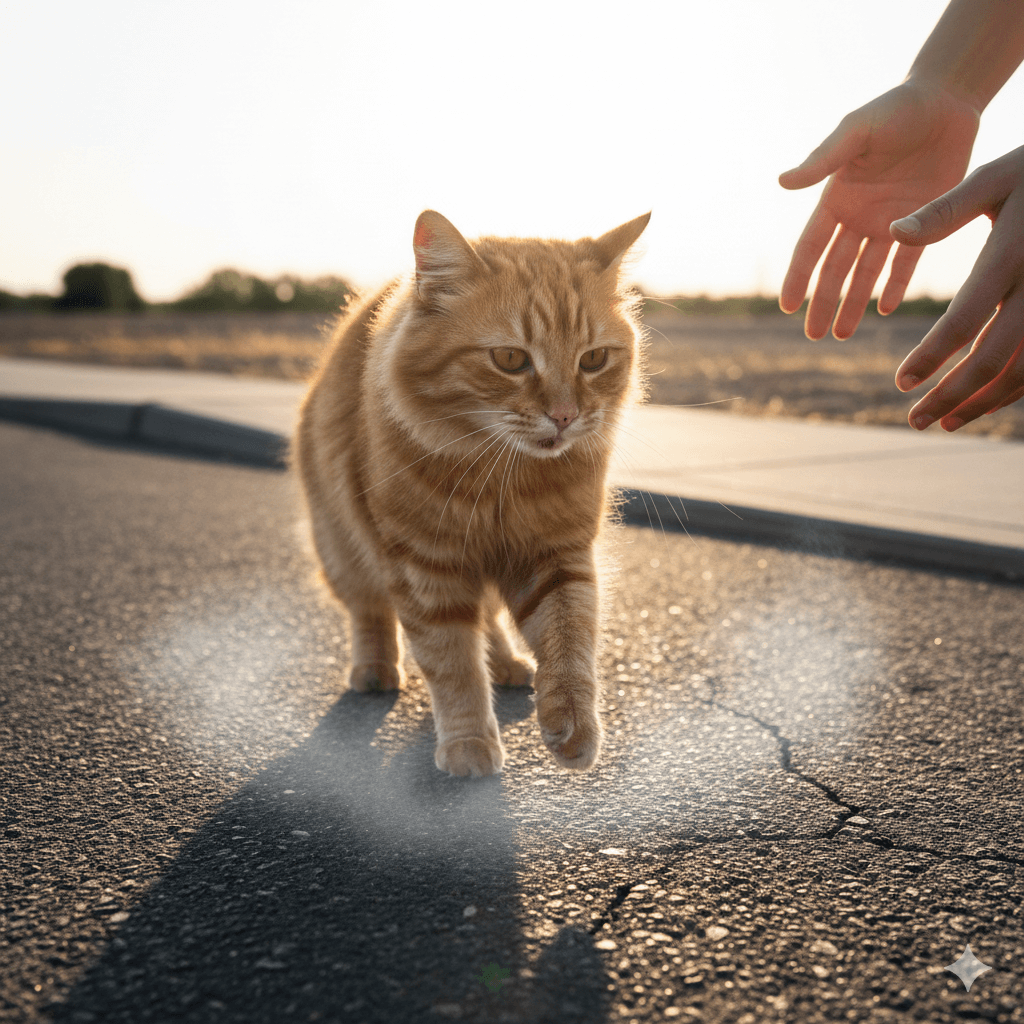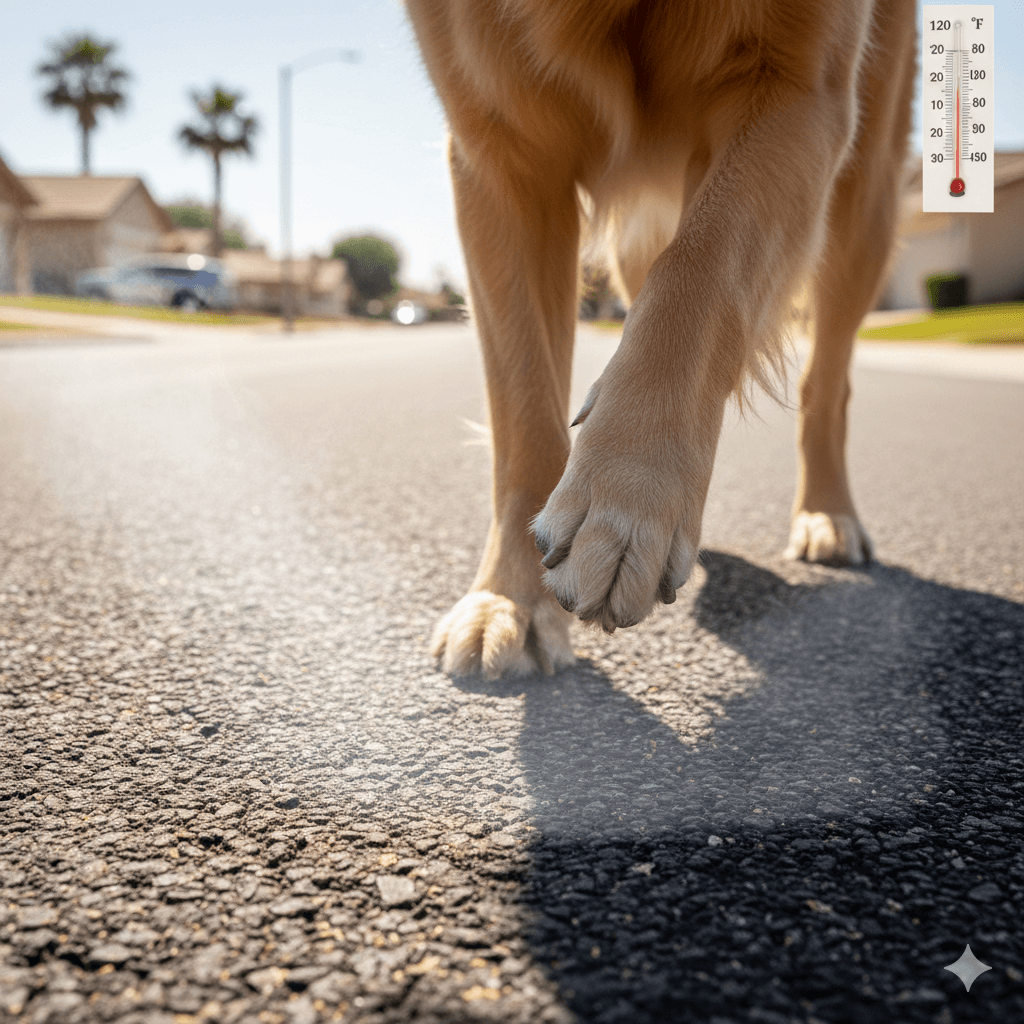Can Cats Eat Gelatin?
When it comes to our feline friends, we often wonder which human foods are safe for them to consume. Gelatin, a common ingredient in desserts, snacks, and even health supplements, is one such food that raises questions among cat owners. Is gelatin safe for cats? Can it offer any health benefits, or does it pose risks? As obligate carnivores, cats have unique dietary needs, and understanding how gelatin fits into their diet is crucial. In this blog post, we’ll explore the safety, potential benefits, and precautions of feeding gelatin to your cat, along with expert tips to ensure their well-being.
Is Gelatin Safe for Cats?
Gelatin is generally considered safe for cats in small amounts, but there are important factors to consider before offering it to your pet. Here’s what you need to know about its safety and potential effects on your cat’s health.
Plain Gelatin is Non-Toxic:
Unflavored gelatin, without added sugars or artificial ingredients, is not toxic to cats and can be consumed in moderation.Avoid Flavored or Sweetened Varieties:
Flavored gelatin often contains sugar, artificial sweeteners like xylitol (which is toxic to cats), and other additives that can harm your pet.Digestibility Concerns:
While most cats can digest plain gelatin without issues, some may experience mild stomach upset if introduced suddenly or in large quantities.Hydration Benefits:
Gelatin can help retain moisture in homemade cat treats, making it a hydrating option for cats prone to dehydration.Moderation is Key:
Feeding gelatin occasionally as a treat is fine, but it should never replace a balanced, species-appropriate diet.
By understanding these points, you can make informed decisions about incorporating gelatin into your cat’s diet safely.
Potential Benefits of Gelatin for Cats
While gelatin isn’t a necessary part of a cat’s diet, it does offer some potential benefits when used appropriately. Here’s how gelatin might positively impact your cat’s health.
Joint Health Support:
Gelatin contains collagen, which may support joint health and mobility, especially in older cats or those with arthritis.Improved Coat Condition:
The amino acids in gelatin can promote healthier skin and a shinier coat by supporting collagen production.Digestive Aid:
Gelatin’s binding properties can help soothe mild digestive issues and regulate bowel movements in some cats.Low-Calorie Treat Option:
Plain gelatin is low in calories, making it a guilt-free treat for cats who need to maintain a healthy weight.Encourages Hydration:
Adding gelatin to homemade cat treats or broth can entice cats to consume more fluids, benefiting their overall hydration.
These benefits make gelatin a versatile addition to your cat’s diet, provided it’s used responsibly and in moderation.
Check this guide 👉Can Cats Eat BBQ Sauce? Best 7 Expert Tips!
Check this guide 👉Can Cats Eat Cotton Candy? Best 7 Expert Tips!
Check this guide 👉Can Cats Eat Raw Chicken Liver? Best 7 Expert Tips!

Safe Ways to Offer Gelatin to Cats | Risks of Improper Gelatin Consumption |
|---|---|
Use unflavored, sugar-free gelatin | Artificial sweeteners like xylitol are toxic |
Mix with water or unsalted broth | Overfeeding can lead to digestive upset |
Incorporate into homemade treats | Flavored varieties may contain harmful additives |
Serve in small, occasional portions | Large amounts may disrupt nutrient balance |
Check for allergies or sensitivities | Sudden introduction can cause stomach issues |
How to Safely Introduce Gelatin to Your Cat
If you decide to offer gelatin to your cat, it’s important to introduce it gradually and follow these guidelines to ensure their safety.
Choose High-Quality Gelatin:
Opt for pure, unflavored gelatin from reputable brands to avoid unnecessary additives or contaminants.Prepare It Properly:
Dissolve the gelatin in warm water or unsalted chicken broth before serving to make it easier for your cat to consume.Start with Small Amounts:
Begin with a tiny portion to observe how your cat reacts and rule out any adverse effects.Monitor for Reactions:
Watch for signs of digestive upset, allergic reactions, or disinterest in the new food.Consult Your Veterinarian:
Always seek professional advice before introducing new foods, especially if your cat has existing health conditions.
Following these steps ensures a safe and positive experience when offering gelatin to your feline friend.
Signs Your Cat May Not Tolerate Gelatin
While many cats tolerate gelatin well, others may experience adverse reactions. Recognizing these signs can help you act promptly to protect your cat’s health.
Vomiting or Diarrhea:
These symptoms may indicate digestive distress caused by gelatin or an underlying sensitivity.Loss of Appetite:
If your cat refuses to eat after trying gelatin, it could signal discomfort or dislike for the food.Excessive Licking or Drooling:
This behavior might suggest nausea or irritation caused by consuming gelatin.Swelling or Hives:
Allergic reactions to gelatin are rare but possible; look for swelling around the face or body.Lethargy or Discomfort:
A sudden lack of energy or signs of pain may indicate an intolerance or allergic response.
Being vigilant about these signs allows you to address potential issues quickly and keep your cat safe.
Common Mistakes to Avoid When Feeding Gelatin to Cats
Feeding gelatin to your cat requires attention to detail to avoid mistakes that could harm their health. Here are some pitfalls to watch out for.
Using Flavored or Sweetened Gelatin:
These varieties often contain harmful ingredients like sugar or artificial sweeteners, which can upset your cat’s stomach or worse.Overfeeding Gelatin:
Too much gelatin can lead to digestive issues or interfere with your cat’s nutrient intake. Stick to small portions.Ignoring Allergies or Sensitivities:
Some cats may have adverse reactions to gelatin; always monitor closely after introduction.Skipping Veterinary Advice:
Failing to consult your vet before offering gelatin can result in unintended consequences, especially for cats with health conditions.Serving Cold or Hard Gelatin:
Cats prefer softer textures; cold or solid gelatin may discourage them from eating it.
Avoiding these mistakes ensures a safer and more enjoyable experience for your cat.
Alternative Hydrating Treats for Cats
If you’re hesitant about feeding gelatin, there are plenty of other hydrating treats that cater to your cat’s tastes and nutritional needs.
Homemade Chicken Broth:
Unsweetened, low-sodium chicken broth is a hydrating and flavorful option most cats love.Canned Pumpkin:
Rich in fiber and moisture, plain canned pumpkin can aid digestion and provide hydration.Water-Infused Kibble:
Soaking dry kibble in water or broth increases moisture content and encourages hydration.Frozen Treats:
Freeze cubes of diluted broth or water mixed with a bit of wet food for a refreshing snack.Fresh Water Sources:
Encourage drinking by providing multiple water bowls or investing in a cat water fountain.
These alternatives offer creative ways to keep your cat hydrated without relying on gelatin.
Understanding Your Cat’s Dietary Needs
Cats are obligate carnivores, meaning their bodies require specific nutrients found primarily in animal-based proteins. Understanding their dietary requirements helps you make better decisions about treats like gelatin.
High Protein Requirements:
Cats thrive on diets rich in animal protein, which provides essential amino acids like taurine.Limited Carbohydrate Tolerance:
Unlike humans, cats don’t process carbohydrates efficiently, so sugary or starchy foods should be avoided.Importance of Hydration:
Cats naturally have low thirst drives, making it crucial to include moisture-rich foods in their diet.Essential Nutrients Only Found in Meat:
Certain vitamins and minerals, such as vitamin A and arachidonic acid, must come from animal sources.Individual Preferences and Needs:
Every cat is unique, so what works for one may not suit another—always tailor their diet accordingly.
By keeping these principles in mind, you can ensure your cat receives the nutrition they need to thrive.
Frequently Asked Questions About Cats and Gelatin
Can kittens eat gelatin?
Kittens have sensitive digestive systems, so it’s best to avoid giving them gelatin unless advised by a vet.
How much gelatin can I give my cat?
Limit gelatin to a teaspoon or less per serving, and only offer it occasionally as a treat.
Is flavored gelatin safe for cats?
No, flavored gelatin often contains sugar, artificial flavors, or harmful additives that can harm cats.
Does gelatin help with hairballs?
While gelatin may support digestion, it’s not a guaranteed solution for hairball issues—consult your vet for effective remedies.
Can gelatin replace collagen supplements for cats?
Gelatin contains collagen, but it shouldn’t replace veterinary-recommended supplements for specific health concerns.
Feeding Gelatin to Cats: A Balanced Perspective
While gelatin can offer some benefits to cats, it’s essential to approach its inclusion in their diet with caution. Used sparingly and prepared correctly, plain gelatin can be a safe and hydrating treat that supports joint health, digestion, and coat condition. However, it should never replace a nutritionally complete diet tailored to your cat’s needs. Always prioritize your cat’s health by consulting your veterinarian before introducing new foods. With careful consideration, you can enjoy sharing this unique treat with your feline companion while ensuring their safety and happiness.
Newfoundland Dog Personality: Best 7 Expert Tips! – Discover the gentle, loyal, and protective nature of this giant breed perfect for families.
Can Hot Pavement Burn Your Cats Paws? Best 7 Expert Tips! – Learn how to protect your cat’s paws from hot surfaces and prevent painful burns this summer.
Can Hot Pavement Burn Your Dogs Paws? Best 7 Expert Tips! – Learn how to protect your dog’s paws from hot surfaces and ensure safe summer walks.
Irish Wolfhound Size: Best 7 Expert Tips! – Discover the ideal height, weight, and care tips for this majestic giant breed. Learn how to manage their impressive stature responsibly.





